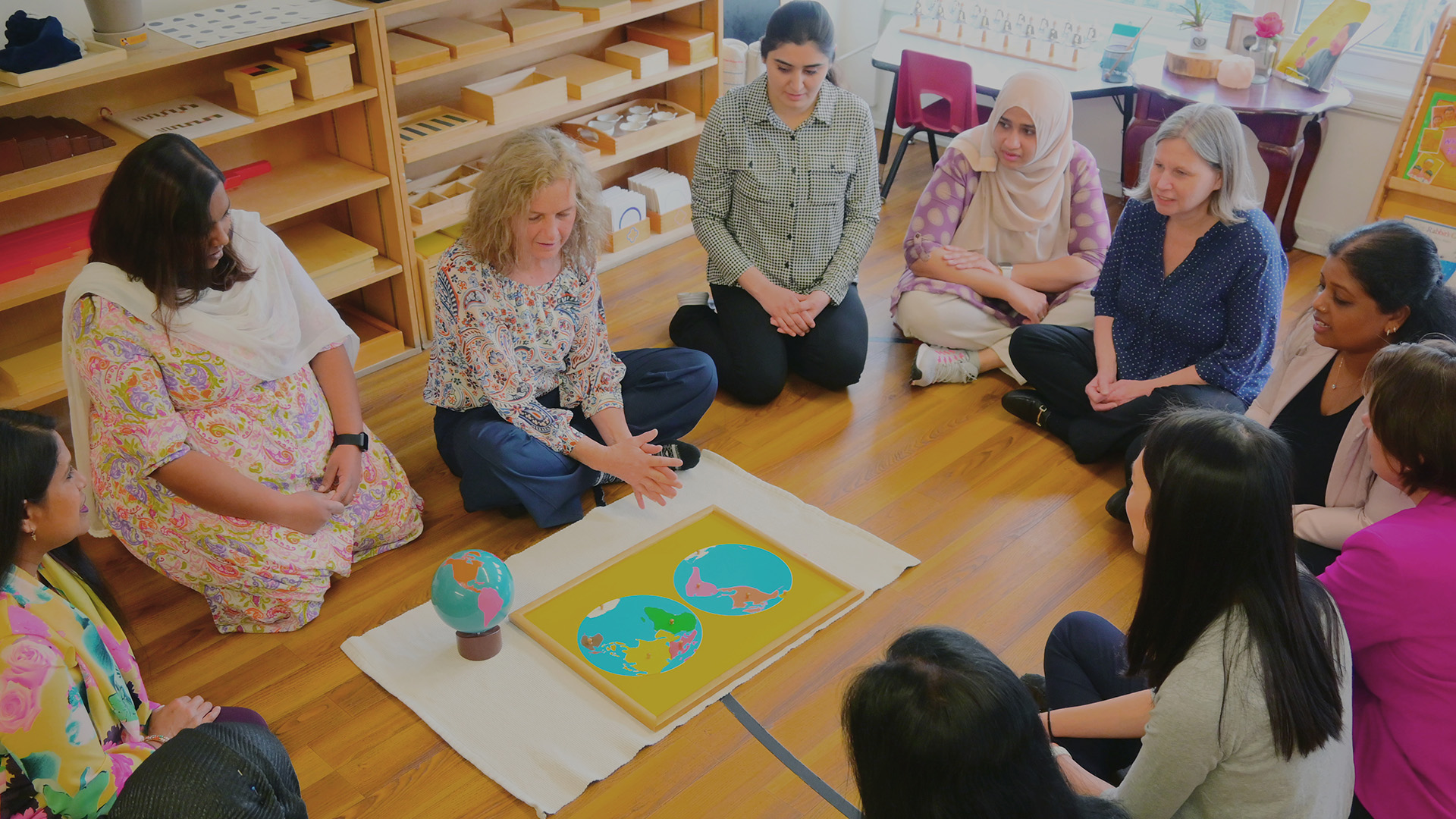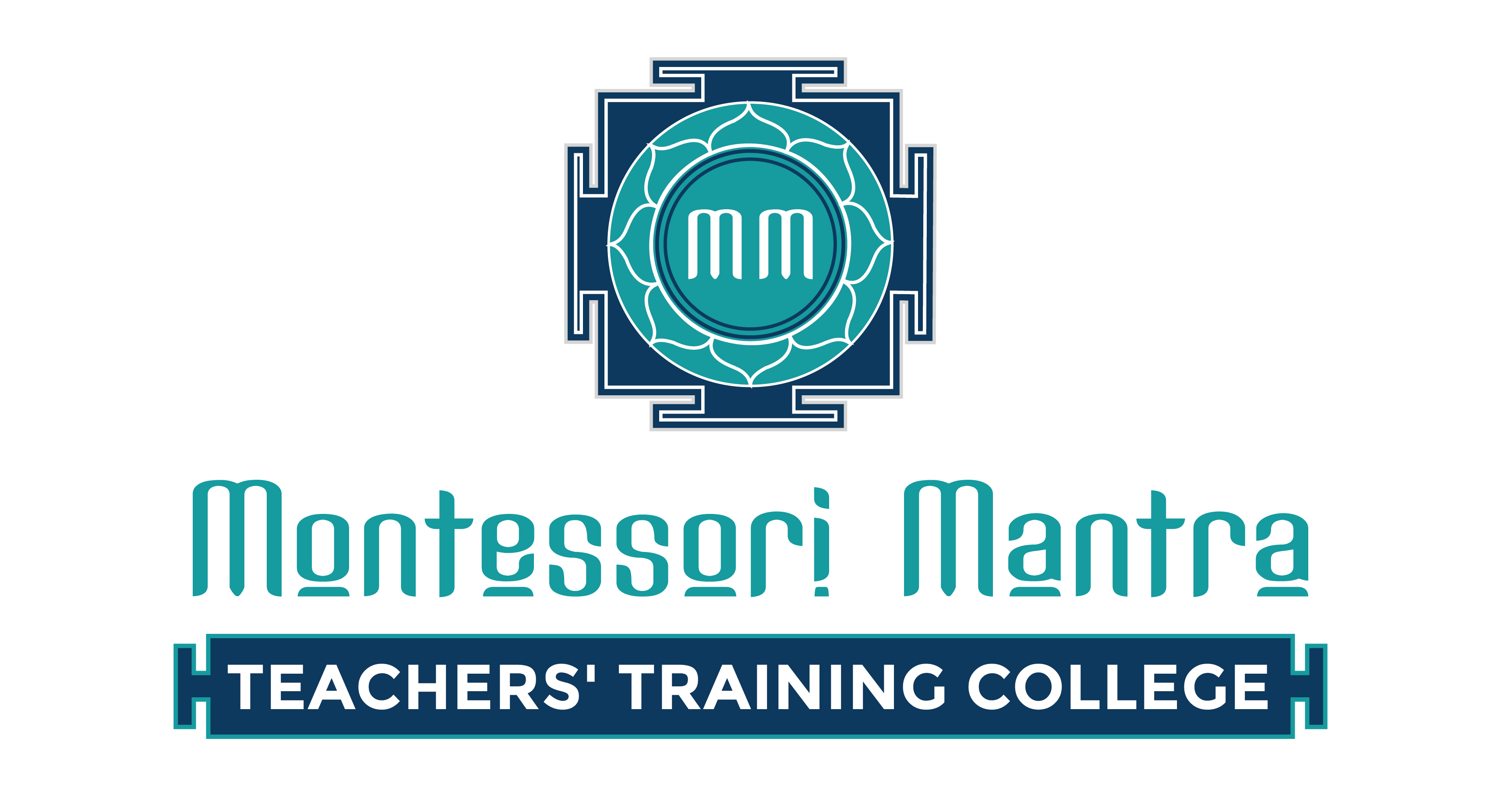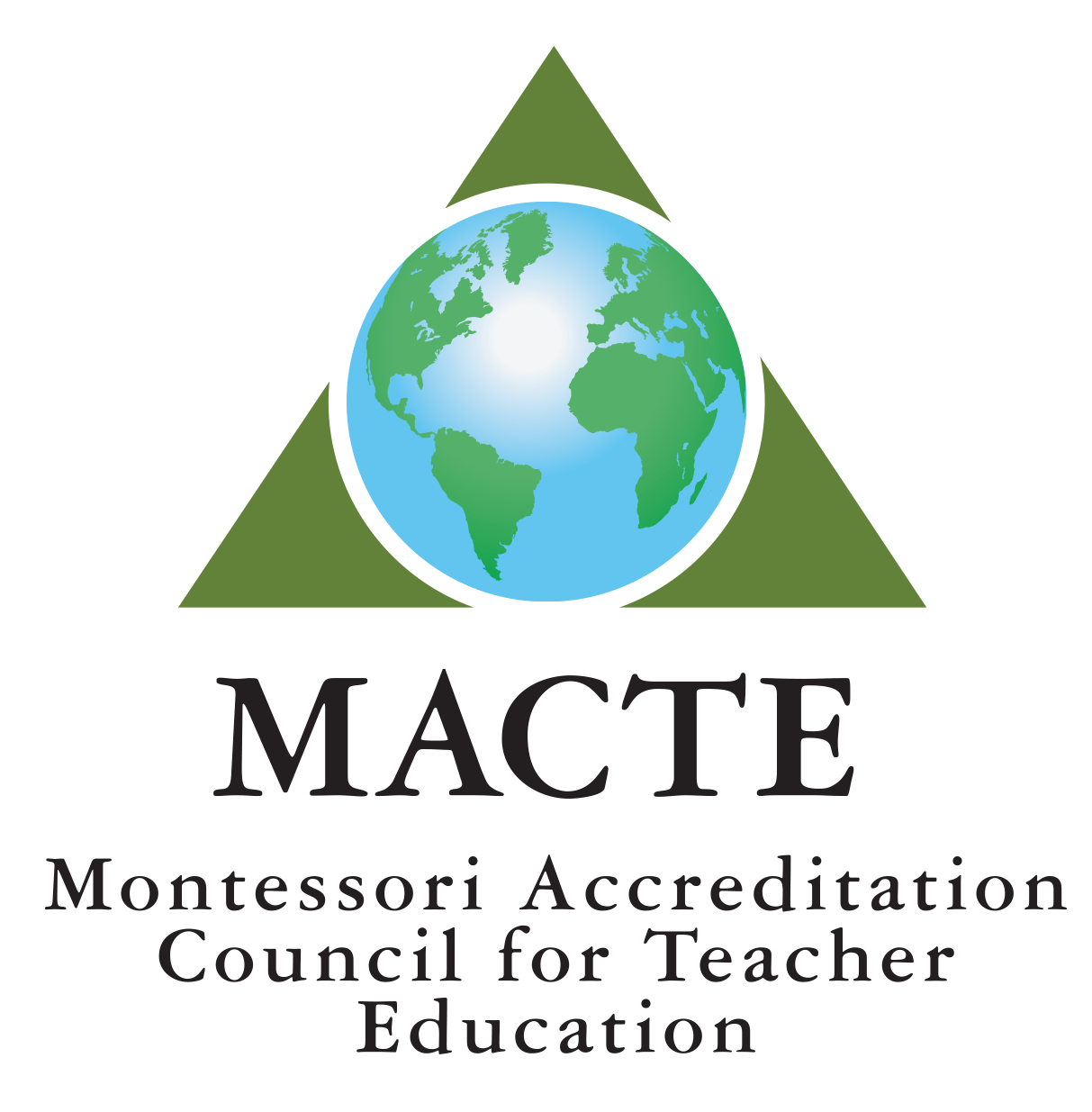
Glossary & Terms
Montessori Method:
An educational approach developed by Maria Montessori emphasizes independence, freedom within limits, and respect for a child’s natural psychological, physical, and social development.
Prepared Environment:
A carefully designed physical space that promotes independence, freedom of movement, and self-directed learning.
Sensorial Education:
An aspect of Montessori education that emphasizes the development of the senses and perception, with materials designed to refine visual, auditory, tactile, olfactory, and gustatory senses.
Practical Life Education:
An aspect of Montessori education that focuses on everyday activities such as cleaning, cooking, and caring for oneself and the environment, with the goal of developing coordination, independence, and concentration.
Normalization:
A state of concentration, independence, and self-discipline that children achieve when they work with the Montessori materials and in a prepared environment.
Sensitive Periods:
Periods of heightened sensitivity and receptivity to particular stimuli or learning experiences, during which children are most receptive to acquiring specific skills or knowledge.
Absorbent Mind:
A term used to describe the young child’s ability to effortlessly absorb information from the environment through their senses and experiences.
Three-Period Lesson:
A teaching method used in Montessori education that involves introducing a concept or skill in three stages: naming, recognition, and recall.
Control of Error:
A feature of Montessori materials that enables children to identify and correct their own mistakes independently.
Auto education:
The process of self-education or self-directed learning that occurs when a child is provided with a prepared environment and appropriate materials.
Grace and Courtesy:
An aspect of Montessori education that emphasizes social skills, manners, and respectful communication.
Cosmic Education:
An aspect of Montessori education that aims to develop a sense of interconnectedness and responsibility for the natural world and humanity.
Role of the Teacher:
In Montessori education, the teacher serves as a guide, observer, and facilitator of learning rather than a traditional authority figure.
Work Cycle:
A period of uninterrupted work time during which children are free to choose and engage with materials in the prepared environment.
Mixed-Age Grouping:
A feature of Montessori education that allows children of different ages to work and learn together, promoting collaboration, leadership, and social development.
Freedom Within Limits:
A principle of Montessori education that allows children to make choices and pursue their interests within a framework of clear boundaries and guidelines.
Decentralized Curriculum:
In Montessori education, the curriculum is not dictated by a centralized authority or textbook but rather emerges from the child’s interests, experiences, and developmental needs.
Individualized Education:
Montessori education recognizes that each child has unique learning needs and styles and seeks to provide a personalized, student-centered approach.
Peace Education:
An aspect of Montessori education that promotes nonviolence, conflict resolution, and respect for diversity.
Montessori Materials:
Specially designed hands-on learning tools and manipulatives that are used in the prepared environment to facilitate the child’s exploration and understanding of concepts and skills.

Get Started Today
Montessori Early Childhood Diploma Course
Whether you’re exploring Montessori for the first time or ready to enroll, we’re here to help.


